At-Will Employment
In Minnesota, the employer-employee relationship is generally “at-will,” meaning either party may terminate employment at any time for any lawful reason—or no reason at all. However, exceptions exist, such as termination that violates a clear public policy. Additionally, courts may recognize implied contracts arising from employee handbooks or specific oral promises, particularly when employees rely on them. To mitigate legal risk, employers should include clear, conspicuous disclaimers stating that the handbook does not create a contract and that employment remains at-will.
Our Customized Employee Handbook Program ensures your handbook reflects Minnesota's legal standards while maintaining necessary protections like at-will disclaimers.
To further support your HR compliance, we offer engaging webinars—such as “Understanding At-Will Employment and Avoiding Implied Contracts”—that help employers apply best practices and avoid common legal pitfalls.
Break/Meal Period
Employers in Minnesota are required to allow employees a reasonable rest break within every four consecutive hours of work, specifically to access a nearby restroom. This ensures that all employees can meet basic personal needs during their shift.
Employees who work eight or more consecutive hours must be provided with sufficient time for a meal break. Employers are not required to pay employees during this break, unless the employee is required to work or remain on duty during the meal period.
Handbook Tip: Outline your company’s rest and meal break policy in writing, including how breaks are scheduled, whether they’re paid or unpaid, and any union-specific terms if applicable.
Need help ensuring your handbook is compliant with Minnesota labor laws? Contact Employeresource to customize your policies and stay compliant with state and federal requirements.
Disclosure of Wages
Under Minnesota Statute law employers are prohibited from requiring employees to keep their wages confidential or from taking any adverse action against employees who choose to disclose or discuss their wages. Employers cannot require wage nondisclosure agreements or retaliate against employees who assert their rights under this law. If an employer provides an employee handbook, it must include notice of these rights. Violations may result in legal action and penalties, including reinstatement and back pay.
To help ensure compliance, employers can download a fully customized employee handbook tailored to federal law, Minnesota state law, and specific industry standards. Our handbooks include all required notices, such as wage disclosure protections.
For questions or HR support, contact EmployerResource. Be sure to check out our webinars on At-Will Employment and Employee Rights to stay compliant and informed.
Employees Records Access
Under Minnesota law employers with 20 or more employees must maintain and manage personnel records appropriately. This includes employment applications, performance reviews, pay history, leave records, and more—while also safeguarding sensitive or exempt information. The law also ensures that employees separated for up to one year retain certain rights to access their records, which reinforces the need for clear documentation and secure handling of employee files.
Under Minnesota law separated employees (those no longer employed for less than one year) retain the right to review their personnel records. This includes:
· Applications, performance reviews, pay history, attendance records, and disciplinary actions.
· The right to request a copy of the record at no cost once per year.
Exceptions (Records That May Be Withheld Include):
· Investigatory files (until certain legal conditions are met).
· Private references or test results.
· Certain supervisor notes and coworker complaints.
· Medical records (which are available separately through health care providers).
If requested personnel records can be mailed to the former employee.
Avoid confusion and noncompliance by investing in a professionally prepared, customized employee handbook that aligns with Minnesota’s wage and personnel record laws. It’s the most effective way to protect your company and keep your policies legally sound and up to date.
Contact EmployerSource today to get started or to ask questions. We're here to help your business remain compliant, confident, and in control.
Final Wages
As an employer, it's critical to stay in compliance with both federal and state labor regulations. Minnesota law govern how and when wages must be paid upon an employee’s termination, resignation, or dispute.
Under Minnesota law when an employee is discharged, their earned but unpaid wages or commissions are immediately due upon written demand. If the employer fails to pay within 24 hours of this demand, they may owe a daily penalty equal to the employee’s average daily earnings—up to 15 days—on top of the wages owed.
Similarly, Minnesota law requires that when an employee quits or resigns, wages must be paid by the next scheduled payday, or within 20 calendar days—whichever is sooner. If payment is not made in this timeframe, the same penalty of up to 15 days of average daily earnings applies.
To help safeguard your business and maintain full legal compliance, we highly recommend purchasing a customized employee handbook tailored to both Minnesota and federal laws. A clear, legally compliant handbook ensures your team understands policies related to wages, termination, resignation, and payroll timing—while protecting you from costly claims or misunderstandings.
Reach out to EmployerSource today to get started or to ask any questions. We’re here to help you stay compliant, informed, and protected.
Garnishments of Pay
Minnesota law requires automatic income withholding for child support or spousal maintenance orders, even if the support is current or being paid voluntarily.
Employers cannot discipline, discharge, or refuse to hire you because of income withholding.
Employers must start withholding by the first pay period after 14 days of receiving the order or notice. Withheld funds must be sent to the state within 7 business days of paying the employee. If multiple orders exist, priority is given to current support.
Employers can deduct $1 from the employee’s wages for each withheld payment to cover processing costs.
If the employee is terminated, the employer must notify the public authority within 10 days.
To help ensure compliance, employers can download a fully customized employee handbook tailored to federal law, Minnesota state law, and specific industry standards. Our handbooks include all required notices, such as wage disclosure protections.
For questions or HR support, contact EmployerResource. Be sure to check out our webinars on At-Will Employment and Employee Rights to stay compliant and informed.
Maternity and Pregnancy
Minnesota law grants eligible employees up to 12 weeks of unpaid leave for the birth or adoption of a child, prenatal care, or health conditions related to pregnancy or childbirth. This leave must be made available to all qualifying employees and cannot be denied or retaliated against.
Additionally, employers must:
· Allow reasonable break times for nursing mothers to express milk for up to 12 months following childbirth.
· Provide a clean, private space (not a bathroom) with access to an electrical outlet for milk expression.
· Offer reasonable pregnancy accommodations, such as increased break times, seating, and limits on lifting—without requiring a doctor’s note or proving hardship in most cases.
· Continue access to group health insurance during parental leave (though not required to pay premiums).
To help ensure compliance, employers can download a fully customized employee handbook tailored to federal law, Minnesota state law, and specific industry standards. Our handbooks include all required notices, such as wage disclosure protections.
For questions or HR support, contact EmployerResource. Be sure to check out our webinars on At-Will Employment and Employee Rights to stay compliant and informed.
None Work Actives
Under Minnesota law employers may not refuse to hire, discipline, or discharge an employee for the off-duty use of lawful consumable products—such as food, alcohol, or tobacco—when used off-premises during nonworking hours. However, exceptions apply if such use conflicts with legitimate job-related duties, treatment programs, or insurance plan distinctions based on actual cost differences.
Ensure your policies are up to date with a customized employee handbook that includes Minnesota-specific legal protections and federal compliance. Download a handbook tailored to your state and industry, and clearly communicate employee rights, including protections for lawful off-duty conduct.
Overtime
Under Minnesota law, employers must pay 1.5 times the employee’s regular hourly rate for all hours worked over 48 hours in a workweek.
Under federal law (FLSA), overtime pay is required for any hours worked over 40 hours in a workweek at the same rate—1.5 times the regular rate of pay.
Employers are required to follow the more generous rule to the employee. In most cases, this means applying the federal 40-hour threshold unless a specific exemption applies.
Ensure your policies are compliant with both state and federal law.
Download a fully customized employee handbook tailored to your state’s regulations.
Have questions? Contact EmployerEsource for expert HR support and compliance guidance.
Reason for termination
Under Minnesota law, a terminated employee has the right to request a written explanation for their involuntary termination within 15 working days. Employers are then required to provide a truthful, written reason for the termination within 10 working days of receiving the request. Importantly, the employer’s response is protected from defamation claims by the former employee.
To ensure compliance with this and other employment laws, download a customized employee handbook tailored to Minnesota state law, federal regulations, and your specific industry. Our handbooks include legally required notices and best practice policies to help protect your business.
Contact EmployerResource for expert HR support, and join our webinars on At-Will Employment and Termination Practices to stay informed and compliant.
Sick Leave
Minnesota law allows employees to use their earned sick leave not only for their own illness or injury but also to care for a wide range of family members—including children, adult children, spouses, siblings, parents, in-laws, grandparents, grandchildren, and stepparents—under the same terms as personal sick leave.
Employees may also use sick leave for safety leave, including time off related to domestic abuse, sexual assault, harassment, or stalking, affecting themselves or eligible family members. Employers may limit use of this extended leave to 160 hours per year for certain relatives, though leave for a minor child cannot be capped.
Importantly, employers may not retaliate against employees for using this leave, and employees must be reinstated to the same or a comparable position upon return from qualifying leave.
To ensure compliance with this and other employment laws, download a customized employee handbook tailored to Minnesota state law, federal regulations, and your specific industry. Our handbooks include legally required notices and best practice policies to help protect your business.
Contact EmployerResource for expert HR support, and join our webinars on At-Will Employment and Termination Practices to stay informed and compliant.
Voting Leave
Under Minnesota law all eligible voters are entitled to take time off from work to vote on election day without losing pay or facing penalties. Employers must allow employees to be absent for the time necessary to travel to their polling place, vote, and return to work. This applies to regularly scheduled elections, special elections to fill vacancies for U.S. Senate or House seats, constitutional offices, state legislative offices, and presidential primary elections. Employers may not interfere with, restrict, or discourage an employee’s right to vote.
To ensure compliance with this and other employment laws, download a customized employee handbook tailored to Minnesota state law, federal regulations, and your specific industry. Our handbooks include legally required notices and best practice policies to help protect your business.
Contact EmployerResource for expert HR support, and join our webinars on At-Will Employment and Termination Practices to stay informed and compliant.

